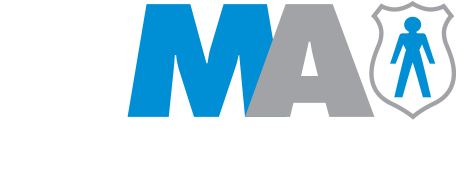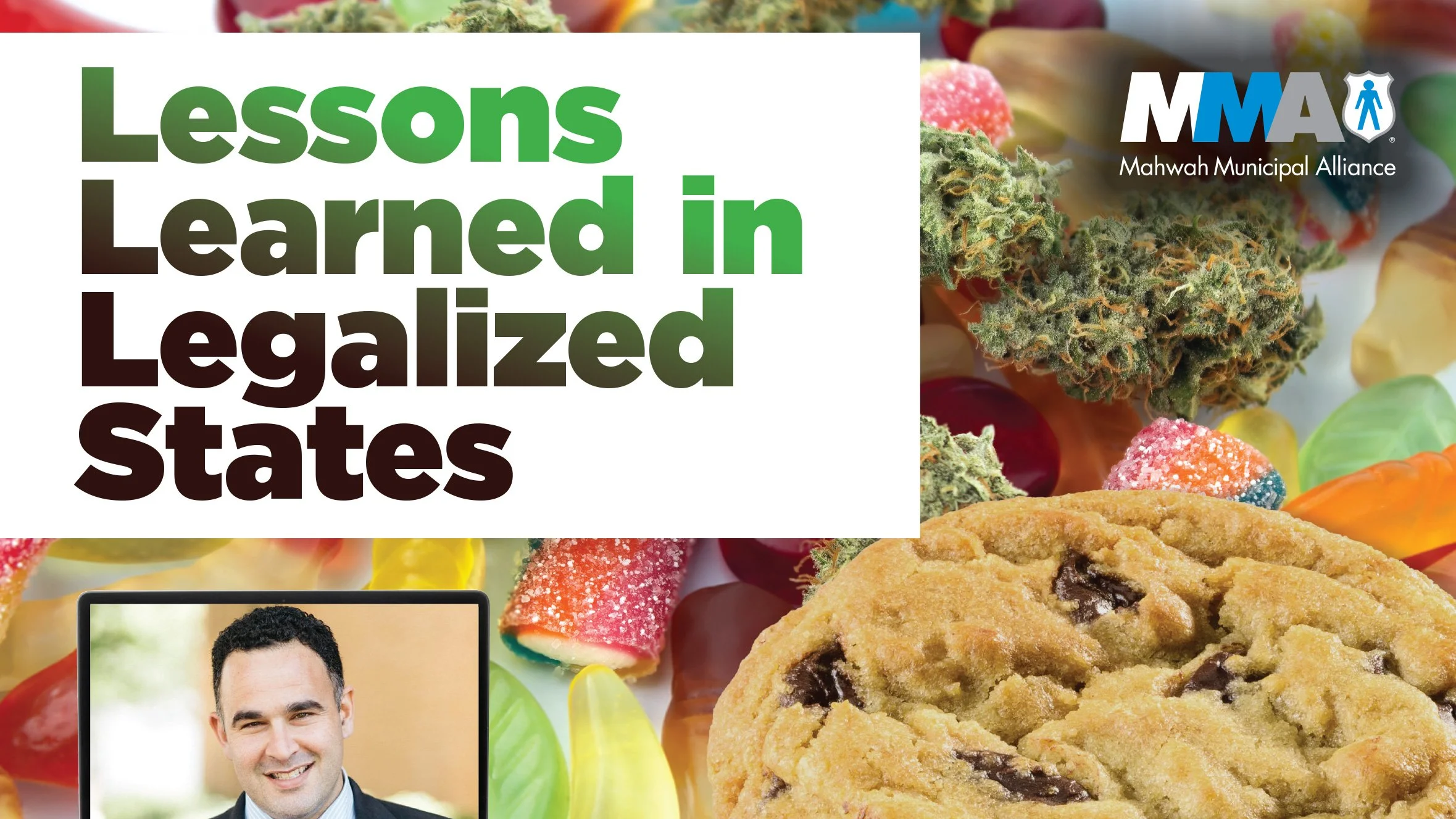Substance Use Programs: Marijuana
AKA Pot, Cannabis, Weed, THC Oil, Vaping
Marijuana Resources
Presentation: Lessons Learned in Legalized States
Marijuana Programs
The Hidden Dangers of Marijuana: Protecting Our Youth
In the face of evolving cultural attitudes and changing legislation, it is essential for us to openly discuss the potential hazards associated with marijuana use, particularly when it comes to our youth. At the Mahwah Municipal Alliance, we firmly believe that knowledge is power. It is with this belief that we continue to offer Marijuana Programs in NJ.
The Truth Behind the Haze
Marijuana, once seen as a harmless recreational drug, has evolved significantly over the years. With the advent of legalized cannabis in several states, including our own, the perception of its dangers has become clouded. The THC levels and strength of today’s Marijuana have grown rapidly and are well beyond what some may think. It is crucial to remember that marijuana is not without its risks, especially for young individuals whose brains are still developing. Numerous scientific studies have highlighted the potential long-term consequences of marijuana use in adolescence.
Marijuana abuse among youth has become an increasingly concerning issue in recent years. This substance, often referred to by a multitude of names, poses various health and social risks for young individuals. Commonly known as weed, pot, or cannabis, it is also referred to by slang terms such as Mary Jane, ganja, herb, and grass. These names reflect the accessibility and familiarity of the drug within youth culture, making the conversation about its abuse all the more crucial. It is vital for parents, educators, and community organizations to stay informed about the different names for marijuana, as well as the associated dangers, in order to effectively address and prevent its misuse among young people.
Parent Awareness: Slang Names for Marijuana
As parents, it is crucial to stay informed about the complex world our children are growing up in. With the ever-evolving landscape of drug culture, it's essential to be aware of the slang names commonly used to refer to marijuana. Understanding these terms can help facilitate open and honest conversations with our children, fostering an environment of trust and support.
Here are some popular slang names for marijuana that parents should be familiar with:
1. Weed/Ganja: One of the most widely known terms, this refers to the dried leaves and flowers of the cannabis plant.
2. Grass: Used as a euphemism for marijuana, this term is often heard in casual conversations.
3. Pot: Another frequently used term, pot has been around for decades and is still quite prevalent.
4. Mary Jane: A more playful and endearing name for marijuana, it is essential to recognize its association with the drug.
5. Cannabis: While not strictly a slang term, this word is commonly used to refer to marijuana in its various forms, including smoking, vaping, or edibles.
6. Bud: This term specifically refers to the flowering part of the cannabis plant and is often used to denote potent marijuana.
7. Dank: A term used to describe high-quality marijuana, often associated with its strong aroma and potency.
8. Potent Herb: A more discrete way of referring to marijuana without using explicit slang terms.
9. 420: Not a specific name for marijuana, but rather a code term often used by enthusiasts to refer to cannabis or signal a time to partake in its use.
10. Vape/Pen: Weed pens are hand-held inhaling mechanisms that allow you to vaporize cannabis. When the heating element within a weed pen is activated, the cannabis extract turns to vapor.
Understanding these slang terms can help parents recognize when their child might be talking about or using marijuana. By being aware of these names, parents can initiate meaningful conversations that address the risks and consequences associated with substance use, as well as the potential impact on their child's health, relationships, and future. Open dialogue and active engagement remain the strongest tools parents possess in navigating the challenges of substance use.
Addressing the Concerns
Our programs have been designed to address the specific concerns surrounding marijuana use in our youth. We aim to educate and empower parents, caregivers, and community members to ensure the well-being of our children. Here's what our Marijuana Programs typically offers:
1. Accurate Information: We provide up-to-date, evidence-based information on the health and developmental risks associated with marijuana use in adolescents. By understanding the particular vulnerabilities of young minds, we can better protect them from potential harm.
2. Prevention Strategies: Our programs equips parents and guardians with effective prevention strategies to discuss marijuana use with their children. We believe that open and honest communication is crucial in shaping responsible decision-making.
3. Signs and Symptoms: Recognizing the signs and symptoms of marijuana use is pivotal in early intervention. Our program educates participants on the behavioral and physical indicators that may suggest substance abuse, ensuring early detection and intervention.
4. Building Resilience: We focus on suggesting strategies that promote positive mental health and resilience among our youth. By enhancing their coping mechanisms and instilling a sense of self-worth, we believe our programs will empower young individuals to make informed decisions and steer clear of harmful habits.
5. Community Support: Collaboration is key to creating a safer and more informed community. Our program fosters partnerships with local schools, law enforcement agencies, and healthcare professionals to provide holistic support.
As concerned community members, we must lead by example and protect our children from the hidden dangers of marijuana use. By participating in the Marijuana Youth Awareness Program, you can make a significant difference in safeguarding our youth's future and ensuring their well-being.









The film explores the latest research and personal experiences of teens and families. It sheds light on the changing landscape of substances and provides solutions on how we can empower teens to make informed decisions.